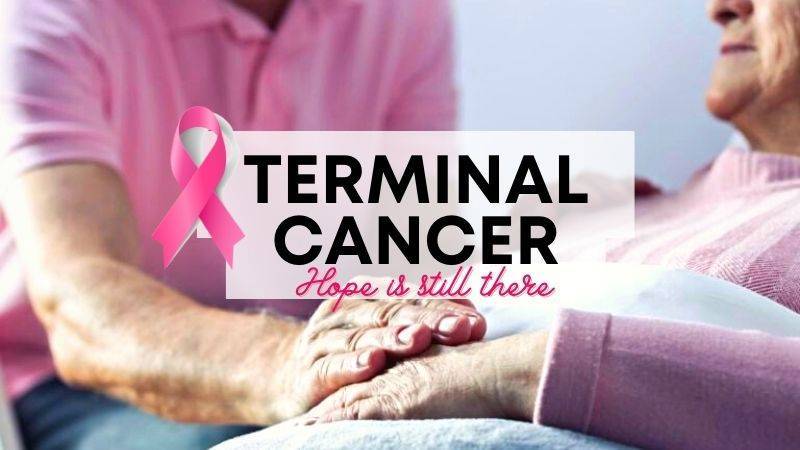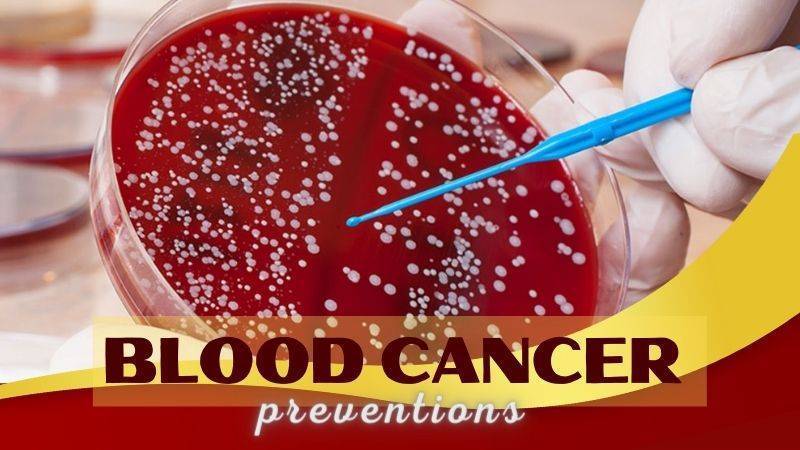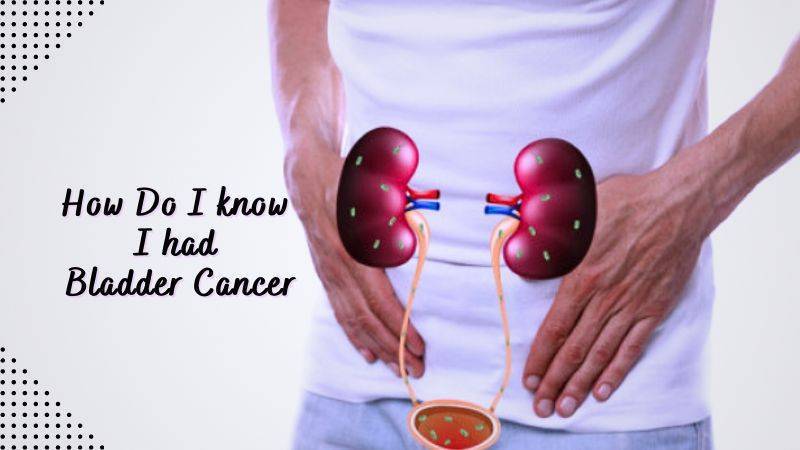“Fighting terminal cancer: One day at a time.”
Impact of Terminal Cancer on Quality of Life
When a person is diagnosed with terminal cancer, it can be a difficult and overwhelming experience. It is important to remember that although the diagnosis is serious, there are still ways to maintain a good quality of life.
The first step is to understand the diagnosis and the prognosis. Knowing what to expect can help you plan for the future and make the most of the time you have left.
Take care of yourself, Eating a healthy diet, exercising regularly, and getting enough rest can help you maintain your strength and energy.
Stay connected with family and friends. Having a strong support system can help you cope with the emotional and physical challenges of living with terminal cancer.
Find ways to enjoy life. Doing activities that bring you joy, such as spending time with loved ones, listening to music, or taking a walk in nature, can help you find moments of peace and happiness.
Latest Treatments for Terminal Cancer
Cancer is devastating, and a terminal cancer diagnosis can be especially heartbreaking. But even in the face of a terminal diagnosis, there is hope.
Advances in medical technology and treatments have made it possible for many people to live longer and better lives, even with a terminal cancer diagnosis.
At the forefront of these advances are the latest treatments for terminal cancer. From immunotherapy to targeted therapies, these treatments are giving hope to those facing a terminal diagnosis.
Finally, there are a variety of other treatments that can be used to treat terminal cancer. These include chemotherapy, radiation therapy, and surgery.
Don’t give up Hope. Explore the latest treatments for terminal cancer and find the one that is right for you.
Coping with Cancer Diagnosis: Tips for Patients and Families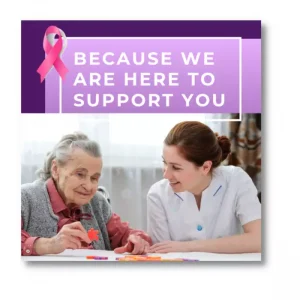 Receiving a terminal cancer diagnosis can be a devastating experience. It can be difficult to process the news and to find the strength to cope with the diagnosis.
Receiving a terminal cancer diagnosis can be a devastating experience. It can be difficult to process the news and to find the strength to cope with the diagnosis.
Here are some tips to help you and your family cope with a cancer diagnosis.
1. Acknowledge Your Feelings: It is important to acknowledge and accept your feelings. It is normal to feel overwhelmed, scared, and angry. Allow yourself to feel these emotions and talk to your family and friends about them.
2. Find Support: Reach out to your family and friends for support. You may also want to consider joining a support group for people with terminal cancer. This can be a great way to connect with others who are going through a similar experience.
3. Make Time for Yourself: Make sure to take time for yourself. This could be something as simple as taking a walk or reading a book. Doing something that you enjoy can help you to relax and take your mind off of your diagnosis.
4. Stay Positive: It can be difficult to stay positive when faced with a terminal cancer diagnosis, but it is important to focus on the positive aspects of your life. Spend time with your loved ones, do things that make you happy, and focus on the things that you can control.
5. Seek Professional Help: If you are struggling to cope with your diagnosis, it is important to seek professional help. A therapist or counselor can help you to process your emotions and provide you with the support that you need.
Symptoms of Terminal Cancer and How to Manage Them
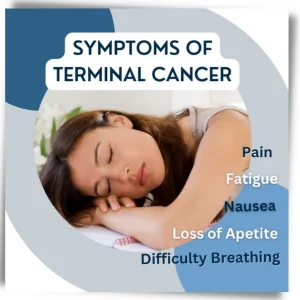 The symptoms of terminal cancer vary from person to person, but some of the most common include fatigue, pain, nausea, loss of appetite, and difficulty breathing.
The symptoms of terminal cancer vary from person to person, but some of the most common include fatigue, pain, nausea, loss of appetite, and difficulty breathing.
It is important to talk to your doctor about any symptoms you are experiencing so that they can be managed appropriately.
Fatigue is a common symptom of terminal cancer, and it can be managed with rest. Make sure to get plenty of sleep and take breaks throughout the day. Exercise can also help to reduce fatigue, so try to get some light physical activity each day.
Pain is another common symptom of terminal cancer, and it can be managed with medications and other treatments. Talk to your doctor about the best options for managing your pain.
Nausea can be managed with medications and dietary changes. Eating smaller meals more frequently can help to reduce nausea.
Loss of appetite can be managed with dietary changes. Eating foods that are high in protein and fiber can also help to increase appetite.
Difficulty breathing is another symptom of terminal cancer, and it can be controlled with medications and other treatments. Talk to your doctor about the best options for managing your breathing.
Different Types of Terminal Cancer
Terminal cancer is a devastating diagnosis, but it doesn’t have to be the end of the story.
There are many different types of terminal cancer, and understanding them can help you make the most of the time you have left.
The most common type of terminal cancer is
This is when cancer has spread from its original site to other parts of the body. These cancers are usually caused by primary cancer that has not been treated or has spread beyond the point of treatment.
However, these cancers are not curable, but treatments can help to slow their progression and improve their quality of life.
Q&A
1. What is terminal cancer?
Terminal cancer is a type of cancer that cannot be cured and is expected to result in death.
2. What are the symptoms of terminal cancer?
Symptoms of terminal cancer can vary depending on the type of cancer but may include pain, fatigue, weight loss, nausea, vomiting, and difficulty breathing.
3. How is terminal cancer diagnosed?
Terminal cancer is usually diagnosed through a combination of physical exams, imaging tests, and biopsies.
4. What treatments are available for terminal cancer?
Treatments for terminal cancer may include palliative care, chemotherapy, radiation therapy, and immunotherapy.
5. How can I cope with a terminal cancer diagnosis?
It is important to seek support from family and friends, as well as from medical professionals. It is also important to take time to process the diagnosis and to focus on living life to the fullest.

